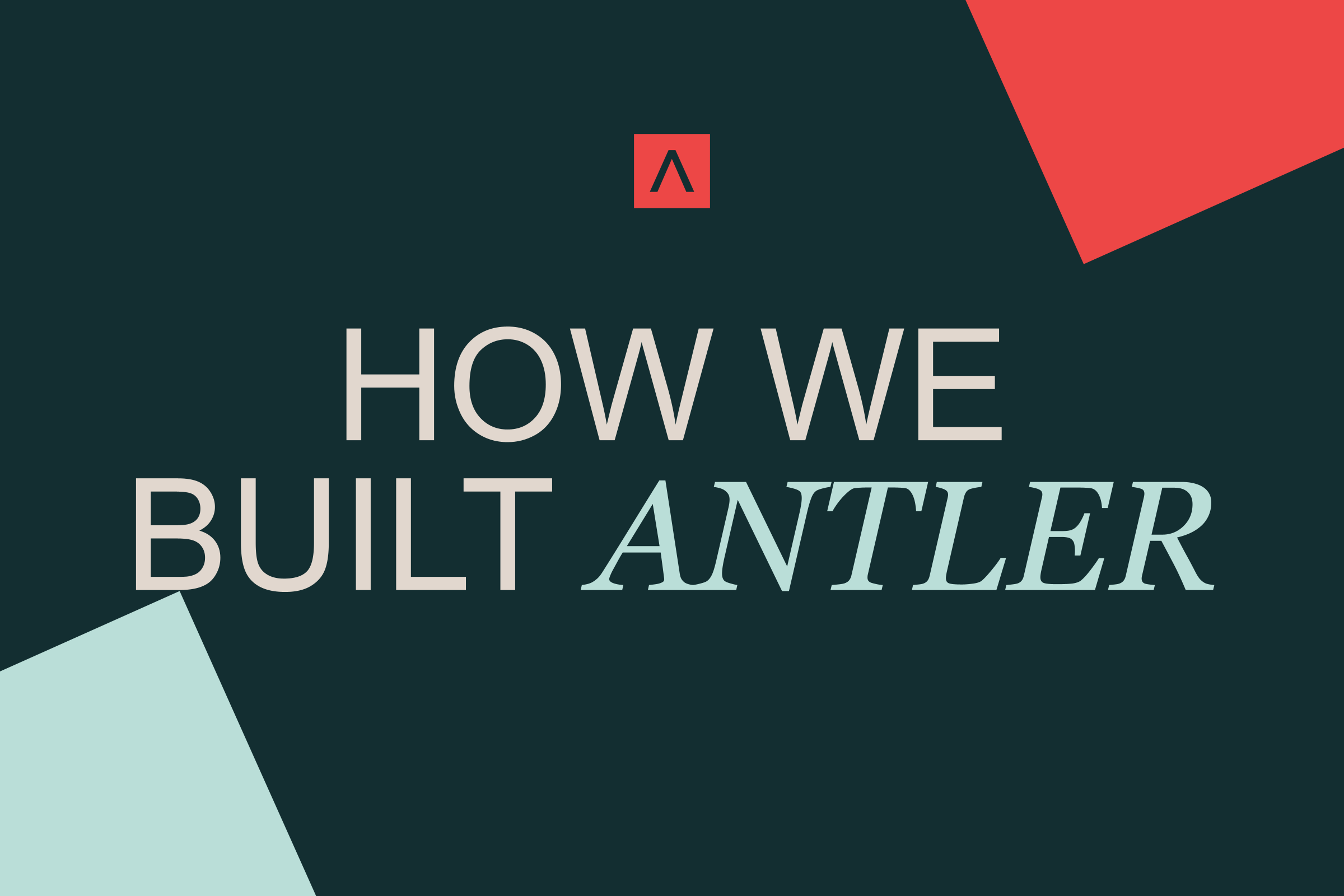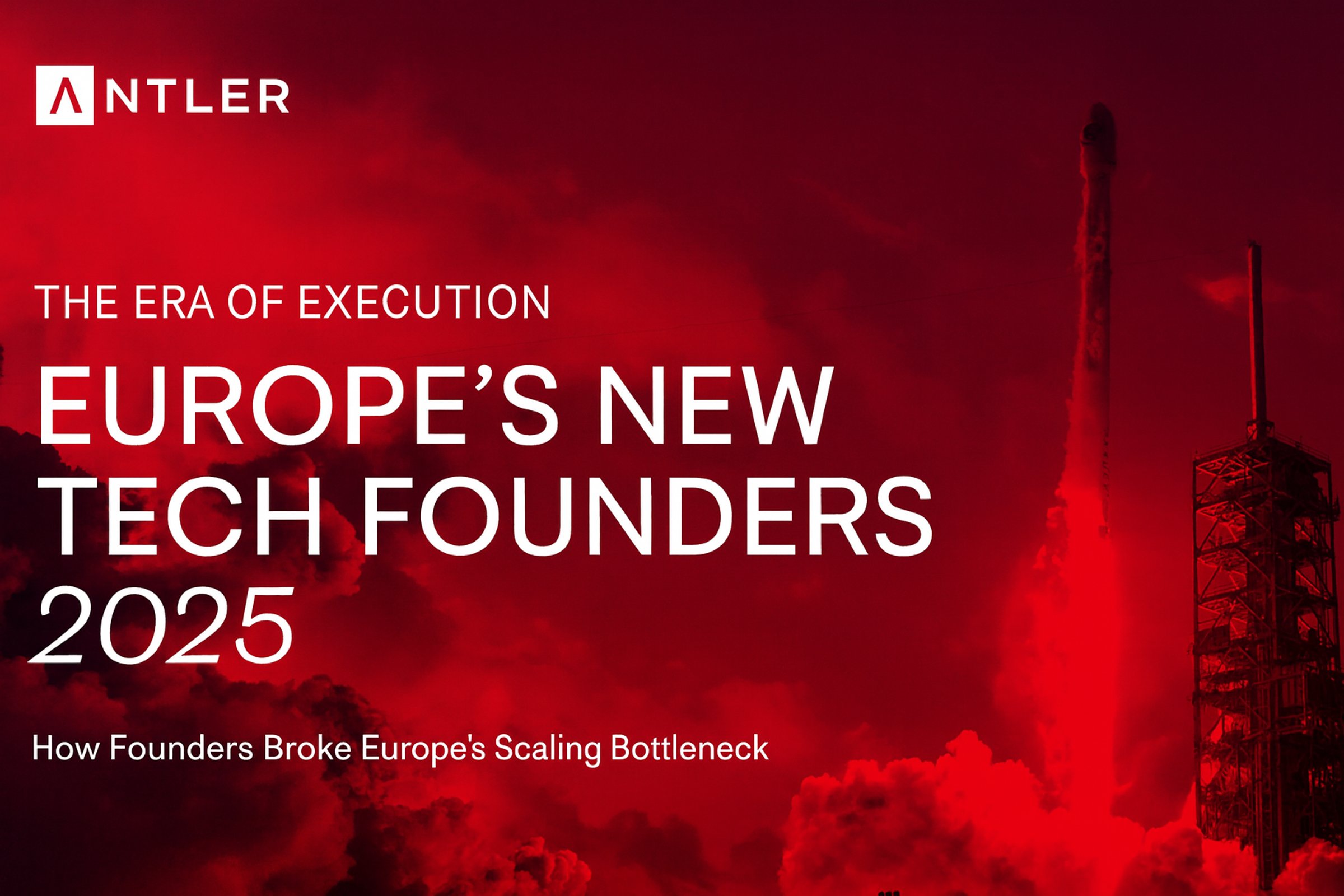The global pandemic has resulted in a true startup boom. The Financial Times report 84,000 businesses were registered in October 2020 in France alone, which is a historical maximum and a 20% increase from the same month in 2019 (McKinsey). In the UK, an increase of 30% was observed, according to the National Statistical Office.
While this will help with the recovery of the global economy, creating new jobs and industries , entrepreneurship requires a certain grit and resilience. Such pressure for a sustained time or without rest can impact the mental health of those involved, particularly if you are a founder.
When observing statistics across occupational groups, there is a higher potential among founders to suffer from mental health issues than it is among other careers. In addition to this, the BDC recently released new research on the mental health of entrepreneurs, revealing that while nearly two-thirds of entrepreneurs say they are adjusting to the COVID-19 context, two in five business owners felt depressed at least once a week. The pandemic is having a particularly alarming impact on female entrepreneurs' mental health, with women significantly more likely to struggle mentally during the venture building period (51%) than male entrepreneurs (35%) (Bay Street Bull).
To better understand the complexities of mental health for founders, Antler teamed up with Female Founders, the leading European Eco-System for Entrepreneurial Women, to discuss mental exhaustion and how to prevent it as part of a fireside chat.
Joining the discussions were Linda Waxin, co-founder and Secretary-General of think tank Ownershift, which is aiming for a measurable increase of women's ownership, and Dr. Bernadette Frech, CEO of Instahelp, a mental health platform offering psychological counseling online in five European countries.
Here are the key takeaways from the discussion, and what has helped them remain resilient during times of uncertainty.
Be transparent and support one another
One of the most exciting parts of being a founder is the determination to succeed, and the practise of giving your all to an idea. And while that determination can be the fuel that takes a founder forward, it can also result in isolation and loneliness, something that the pandemic has only accelerated.
"Lots of people are feeling very low during the pandemic," says Dr. Frech. "But we don't address that accordingly. We address the economic suffering as a consequence of the pandemic as well as the physical health. But what about staying mentally healthy? We need to give more voice to that, support one another, ask for help. It's even a strength to ask for help. And share our learnings openly."
Collectively striving to openly share our experiences and emotions, including those which are negative, allows for the possibility to normalise honest discussions around the founder experience, which others can learn from and find support in.
"Deep rest is key to resilience. Learn how to get to the level of deep rest. Learn what that is for you".
Schedule time for deep rest
"Deep rest is key to resilience. Learn how to get to the level of deep rest. Learn what that is for you". This is a key takeaway mentioned by Linda Waxin.
One might think that lounging out on the couch watching Netflix is the best way to rest and recharge the batteries, but as Waxin points out, casual relaxation does not guarantee to reach the level of deep rest that is needed for mental recovery: "To reach sustainable high performance, we need to understand and manage our physical, mental, and emotional energy. High performers require a true balance between intervals of high performance and periods of deep rest. The longer we push ourselves, the more we have to rest to find resilience and balance."
A state of deep rest can be achieved through practices of all kinds, such as meditating, walking, hiking, or going to the gym. What is most important is that we prioritise scheduling time for it and that the practices are performed without any goal other than to just find rest and digest.

Accept and embrace your emotional diversity
— DR BERNADETTE FRECH
Acceptance of emotional diversity
Dr. Frech discussed how the lifestyle of an entrepreneur, with the constant ups and downs that come with building a business, mean that it can be difficult to find balance.
"Living from one finance round to another means huge uncertainty and insecurity" says Dr. Frech. "But at the same time, you feel a huge passion for what you do.
"There are lots of strong emotions to handle and manage at the same time and on your own" she says.
She also highlighted the importance of accepting emotional diversity and learning how to cope with a state of mixed emotions to build resilience.
"Sometimes life's just not that easy but if you're mentally reluctant towards these situations and contexts due to the difficulty of coping with the related emotions, the less creative you will be in finding solutions" says Frech.
If we conversely and constantly challenge ourselves to handle these situations and a diverse set of emotions, Dr. Frech explains, out of her own experience, how this results in the improvement of problem-solving skills, personal growth, and building resilience.
Embrace your fears
Finally, fear is a big part of being an entrepreneur and comes in many different forms. The fear of failure. The fear of not being good enough. The fear of financial insecurity. The fear of disappointing family and friends. The fear of the unknown. But as the Medicine Clinical Psychologist Zachary Sikora says, "Fear is our survival response", meaning that fear is positive.
Instead of being paralysed with fear, Linda suggested to lean into it:"Write down the fear in actual words, tell a friend, your partner and force yourself to put it in words. In that way, it will become smaller. And then ask yourself five times in a row - what's the worst thing that can happen? It works."
By viewing it from new and alternative perspectives it will allow us to reframe them and become less threatening. Ultimately, fears can be embraced and rather work as informative guidance as to what needs to be done next.
Waxin concludes, "remember, you can always quit. Life's more important than any business. And to have that acceptance in the back of your mind will give you strength and allow you to build resilience."
Are you a physician, a therapist, a researcher, or someone that seeks to improve the mental health of people? Head over to our website to learn how Antler can facilitate your entrepreneurial journey and support you in making a big impact. Some of our portfolio companies that are tackling mental health: Stockholm-based VoiceHER, London-based Blueheart and Kalda, and Singapore-based Innade.
This article was written by Viveka Gezelius, Marketing







.png)

